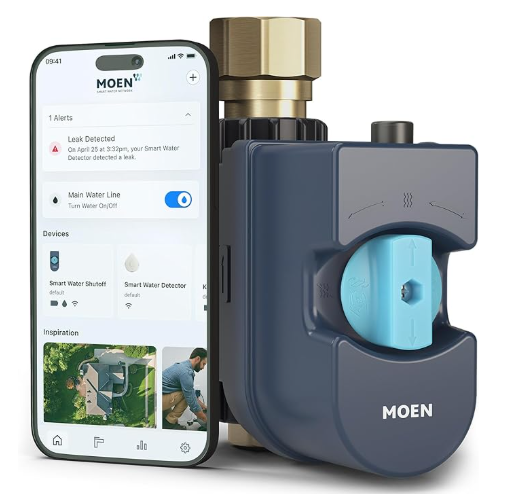Creatine for Dummies:
- Terry Clayton

- May 17, 2021
- 2 min read
Updated: Feb 17

There is a ton of literature on the web regarding creatine if you want to go deep. But if you are looking for the quick highlights, here they are:
What is it?
Creatine (or N-(aminoiminomethyl)-N-methyl glycine) is an amino acid found mainly in skeletal muscle (~95%) but also in brain tissue . It can be endogenously produced by liver, kidneys, and pancreas or obtained by diet. The most common form taken as a supplement is creatine monohydrate.

What Does it Do?.....and Does It Actually Work?
Muscle tissue contains both free creatine and phosphocreatine in about a 2:1 ratio. Creatine supplementation will increase your body's stores of phosphocreatine (PCr) via creatine kinase. During bouts of maximal exercise PCr helps maintain ATP (adenine triphosphate), which provides the energy to drive cellular processes. As a result, an athlete supplementing with creatine can push themselves further before fatigue sets in. Performance in a high intensity exercise is typically enhanced by 10-20%. Additionally, it has been found that creatine supplementation will cause a slight retention of water in muscle tissue. This may have benefit of avoiding dehydration and cramping during exercise but it also makes one look more "swollen". It has been well documented that when you supplement with creatine, your body retains a large portion, storing it in muscle tissue. The performance enhancements are real.
How do I take it?
There are two strategies. The first is to simply take ~3 grams per day. It will then take about 28 days in order to saturate the creatine stores in your muscle tissue.
The second strategy involves "loading", where you take 20 grams creatine per day for 6 days followed by 2 grams per day after the loading period. Either program will eventually boost the total creatine concentration in your muscle tissue by ~20%.
Here is the best deal I could find on creatine: https://amzn.to/4kCeqme (amazon)
Now that your loaded with ATP-regenerating creatine, you have no excuse for not hitting it hard in the gym!
During bouts of maximal exercise PCr helps maintain ATP (adenine triphosphate), which provides the energy to drive cellular processes.
Whichever route you choose, it is recommended to take creatine with a high glycemic index food (ex. oatmeal) in order to maximize absorption. You should expect peak blood plasma creatine concentration to peak within 60 minutes of ingestion.

What are the risks?
There have been a number of studies which have all concluded short and long term use of creatine has not shown any negative affects. In fact, there are a number of therapeutic effects for supplementing with creatine:
Strength, muscle size and performance.
Injury prevention
Rare creatine-metabolizing syndromes
Cognition and brain health
Sarcopenia and bone health
Supplement for Vegetarians (for creatine deficiency)
Skin aging

Affiliate Disclosure: Some links on this site may be affiliate links. If you click and make a purchase, I may earn a small commission at no additional cost to you.





Comments